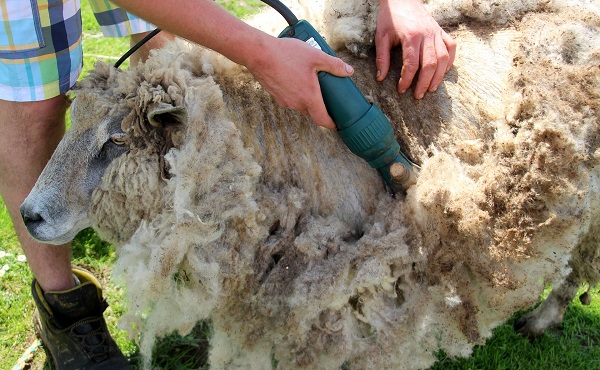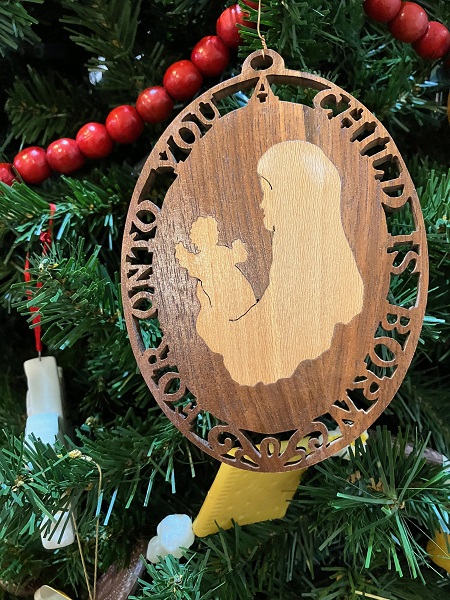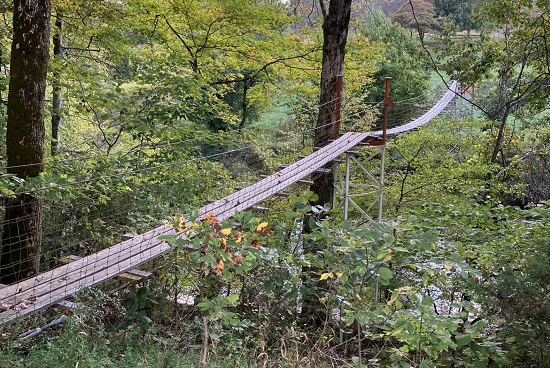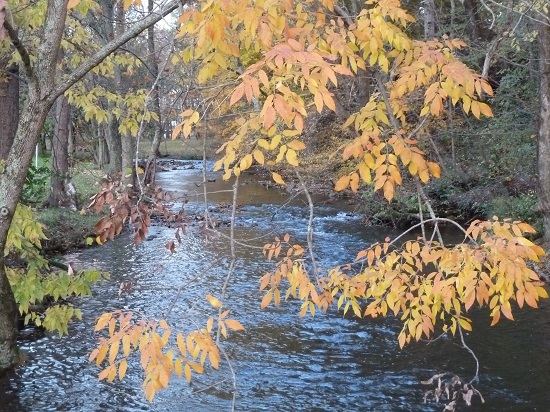Woolgathering
 I have never witnessed anyone shearing a sheep. I think it would be a hot, tiring job for both sheep and shearer. Perhaps they get through it by woolgathering, letting their thoughts roam.
I have never witnessed anyone shearing a sheep. I think it would be a hot, tiring job for both sheep and shearer. Perhaps they get through it by woolgathering, letting their thoughts roam.
Woolgathering began with a literal meaning.
According to Miriam Webster dictionary, woolgathering originally meant “gathering loose tufts of wool … caught on bushes and fences as sheep passed by.” That would have taken a long time with few results and little income. Those gathering wool probably appeared “to wander aimlessly.”
Eventually woolgathering developed a figurative meaning.
It meant minds wandering aimlessly and foolishly.
Occasional thoughts with no purpose help us relax.
We enjoy time to:
- Sit on a porch and shoot the breeze
- Daydream under a shade tree
- Listen to waves lap against a beach
Too much woolgathering gets us in trouble.
We want to pay attention when we:
- Work
- Drive
- Complete paperwork
A word to the wise:
Work when we need to work. Woolgather when we have time to relax.
“Foolish dreamers live in a world of illusion; wise realists plant their feet on the ground” (Proverbs 14:18 MSG).
Thanks to Jeri Stone for the suggestion. Image by Myriams-Fotos from Pixabay.
Do you have an expression you want explained or a thought about this one? If so, please comment below.
Subscribe to receive my weekly posts by email and receive a free copy of “Words of Hope for Days that Hurt.”
If you enjoyed this post, please share it with your friends.








